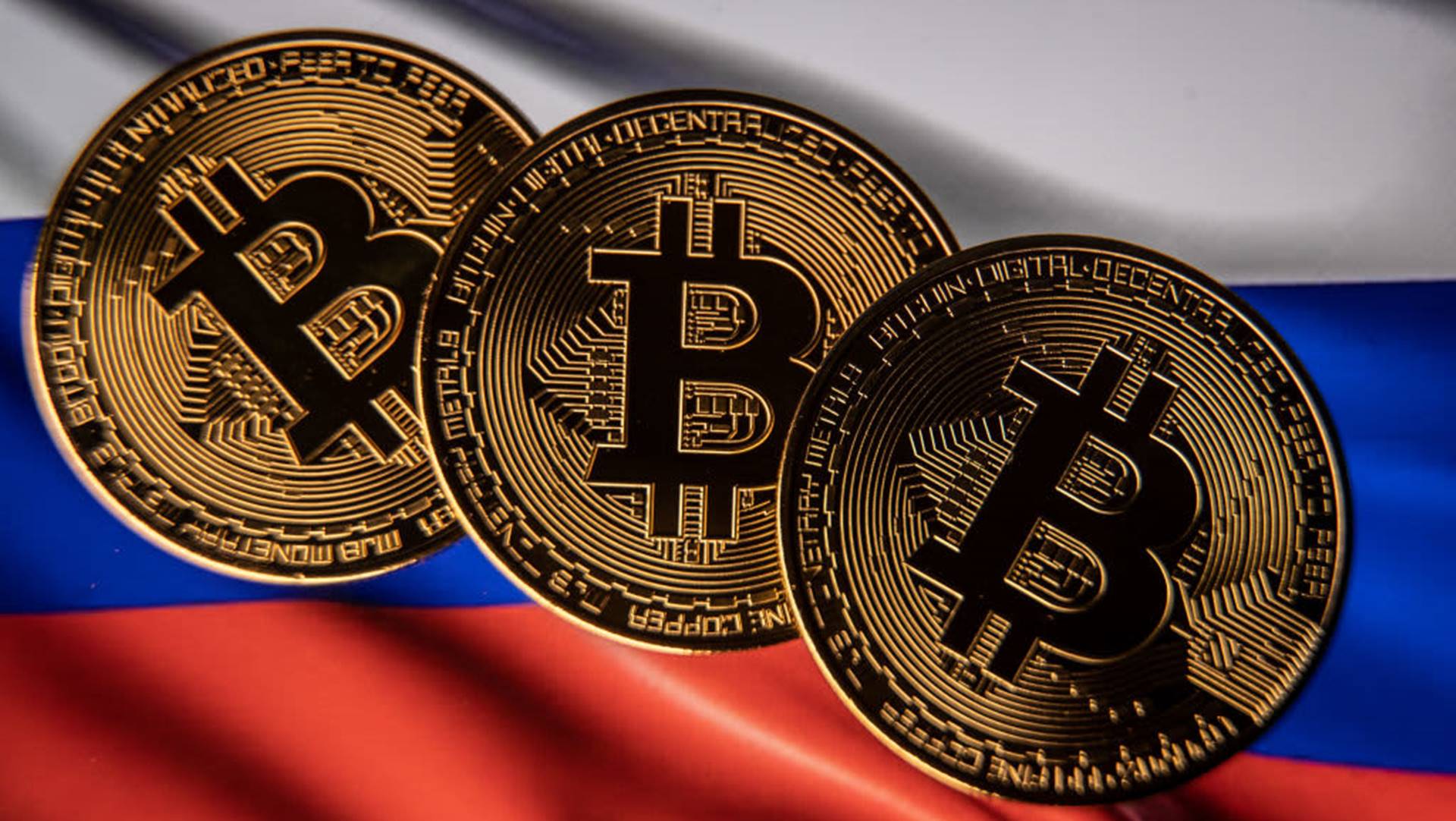Pro-Russian groups are raising funds in cryptocurrency to prop up paramilitary operations and evade U.S. sanctions as the war with Ukraine wages on, a research report published Monday revealed

Matt Cardy | Getty Images News | Getty Images/CNBC
As of Sept. 22, these fundraising groups had raised $400,000 in cryptocurrency since the start of the invasion on Feb. 24, according to TRM Labs, a digital asset compliance and risk management company.
The research revealed that groups, using the encrypted messaging app Telegram, are offering ways for people to send funds that are used to supply Russian-affiliated militia groups and support combat training at locations close to the border with Ukraine.
One group TRM Labs identified raising funds is Task Force Rusich which the U.S. Treasury describes as a “neo-Nazi paramilitary group that has participated in combat alongside Russia’s military in Ukraine.” The Treasury Department’s Office of Foreign Assets Control (OFCA) has sanctioned Task Force Rusich.
Related Articles:
- Mexico scientist pleads guilty to spying for Russia in Miami
- Number of child human trafficking victims doubles in 2021
- Will the UN Start to Take Cybercrime Seriously?
On a Telegram channel, TRM Labs discovered this group was looking to raise money for items such as thermal imaging equipment and radios.
The Novorossia Aid Coordinating Center, which was set up in 2014 to support Russian operations in Ukraine, raised about $21,000 in cryptocurrency, mainly bitcoin, with the aim of buying drones, the report said.
Russia was hit by a number of sanctions after its unprovoked invasion of Ukraine earlier this year that aimed to cut it off from the global financial system. At the time, there were concerns that Russia could use cryptocurrency to evade these penalties. However, experts said that there is not enough liquidity in the cryptosystem on the scale Russia would require to move money.
But with the paramilitary groups, they’re moving money on a smaller scale, which is enough for the items they need to buy.
These groups are likely using exchanges that don’t necessarily comply with anti-money laundering and other regulations, according to Ari Redbord, head of legal and government affairs at TRM Labs.
“They’re probably using non-compliant exchanges to off-ramp those funds [into fiat currency],”
“And you can do that. You just can’t do that at scale. And I think that’s that that’s where … we’ll say, will there be more? Of course, there’ll be more. But will it be billions of dollars? Highly unlikely.”
Redbord said TRM Labs used a combination of publicly available wallet addresses as well as cross-checking other websites and activity online to identify the Russian-linked groups. However, he did say it’s not possible to know whether these groups were working with the Russian government or are in any way backed by the Kremlin.
Cryptocurrencies have been thrust into the spotlight during the Russia and Ukraine war. Ukraine has been seeking donations via digital coins, which can be sent quickly across the world. But they’re now also being used by Russian paramilitary groups.
“I think an interesting part of this story is that a crypto is just a form of payment in these cases. It’s a way to move funds. And here’s an example of it being used for good and example of it being used for bad in this context,” Redbord said.
Napomena o autorskim pravima: Dozvoljeno preuzimanje sadržaja isključivo uz navođenje linka prema stranici našeg portala sa koje je sadržaj preuzet. Stavovi izraženi u ovom tekstu autorovi su i ne odražavaju nužno uredničku politiku The Balkantimes Press.
Copyright Notice: It is allowed to download the content only by providing a link to the page of our portal from which the content was downloaded. The views expressed in this text are those of the authors and do not necessarily reflect the editorial policies of The Balkantimes Press.
